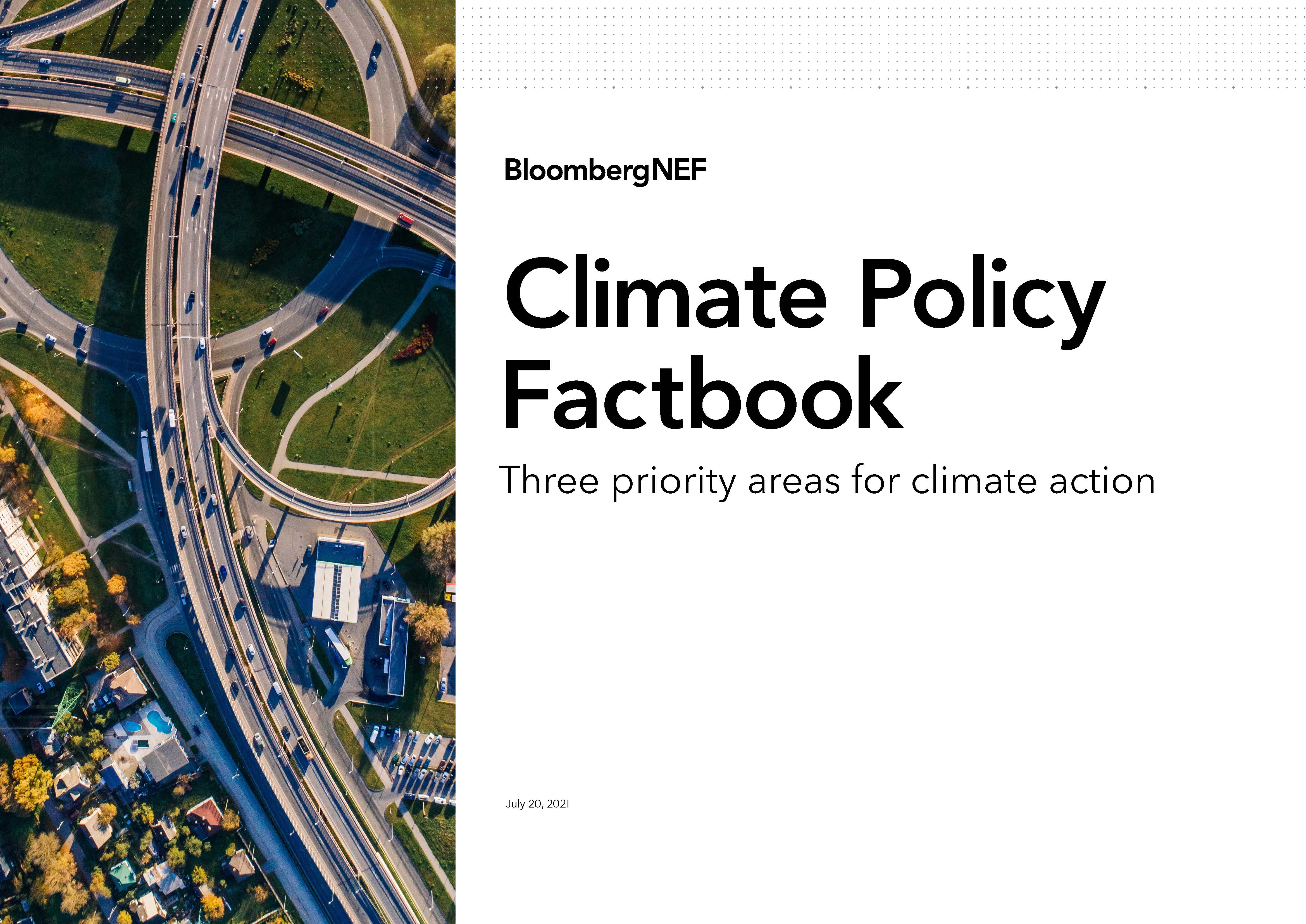
This report highlights three concrete areas where G20 governments can act today to make significant contributions toward achieving the Paris Agreement goals: phasing out support for fossil fuels, putting a price on carbon emissions and making companies disclose the risks they face due to climate change.
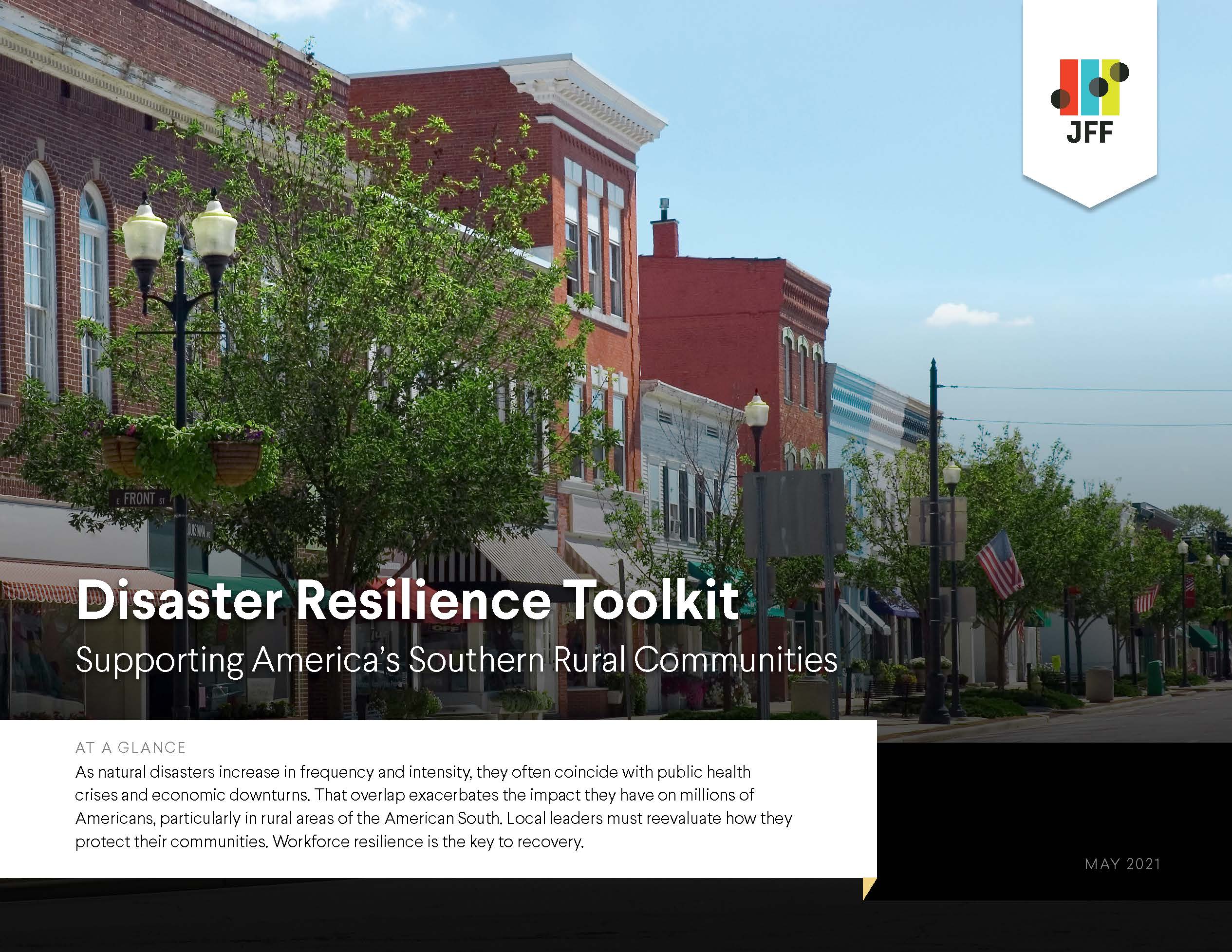
As natural disasters increase in frequency and intensity, they often coincide with public health crises and economic downturns. That overlap exacerbates the impact they have on millions of Americans, particularly in rural areas of the American South. Local leaders must reevaluate how they protect their communities. Workforce resilience is the key to recovery.
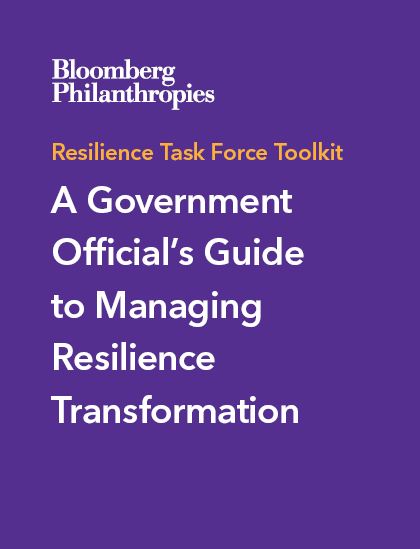
A government official’s guide to managing resilience transformation, this guide outlines the steps needed to conduct a resilience effort in a city, state, or country. It outlines the four phases of resilience planning and details how to conduct pre- and post-event resilience examinations.
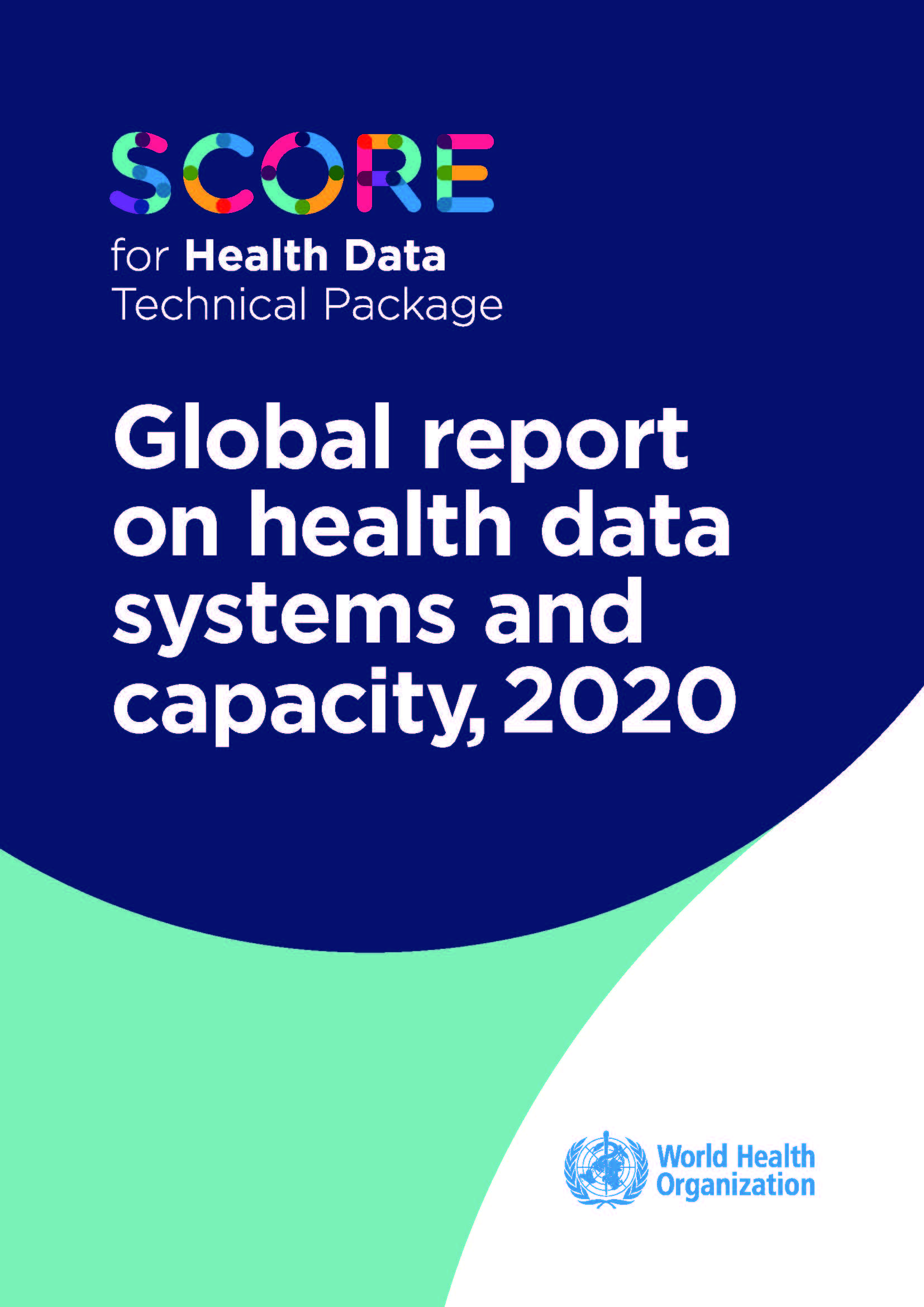
Released with the World Health Organization (WHO), this is the first global assessment on the status and capacity of health information systems in 133 countries, covering 87 percent of the global population. It identifies gaps and provides guidance for investment in areas that can have the greatest impact on the quality, availability, analysis, accessibility, and use of health data.
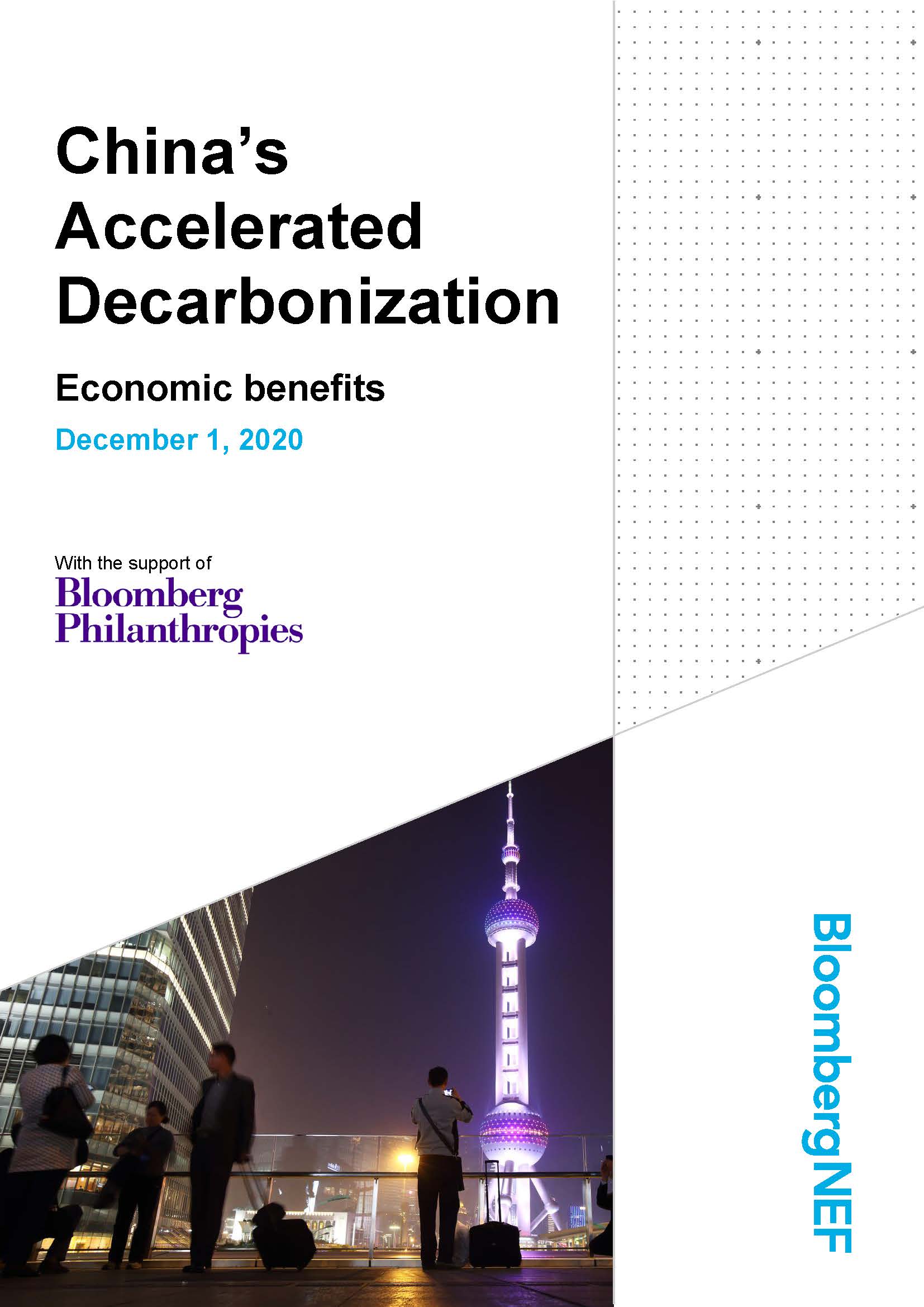
Released with BloombergNEF (BNEF), this white paper details how China could take major steps toward its recently announced carbon neutrality pledge.

Research shows that students can build critical global engagement and competency skills and increase their self-confidence through participating in well-conceived digital classrooms, which is of particular relevance as the COVID-19 pandemic leads to more learning online. The study contains survey responses from students enrolled in the 2018-2019 Global Scholars program – an interactive, yearlong digital learning program with strong support for teacher development.
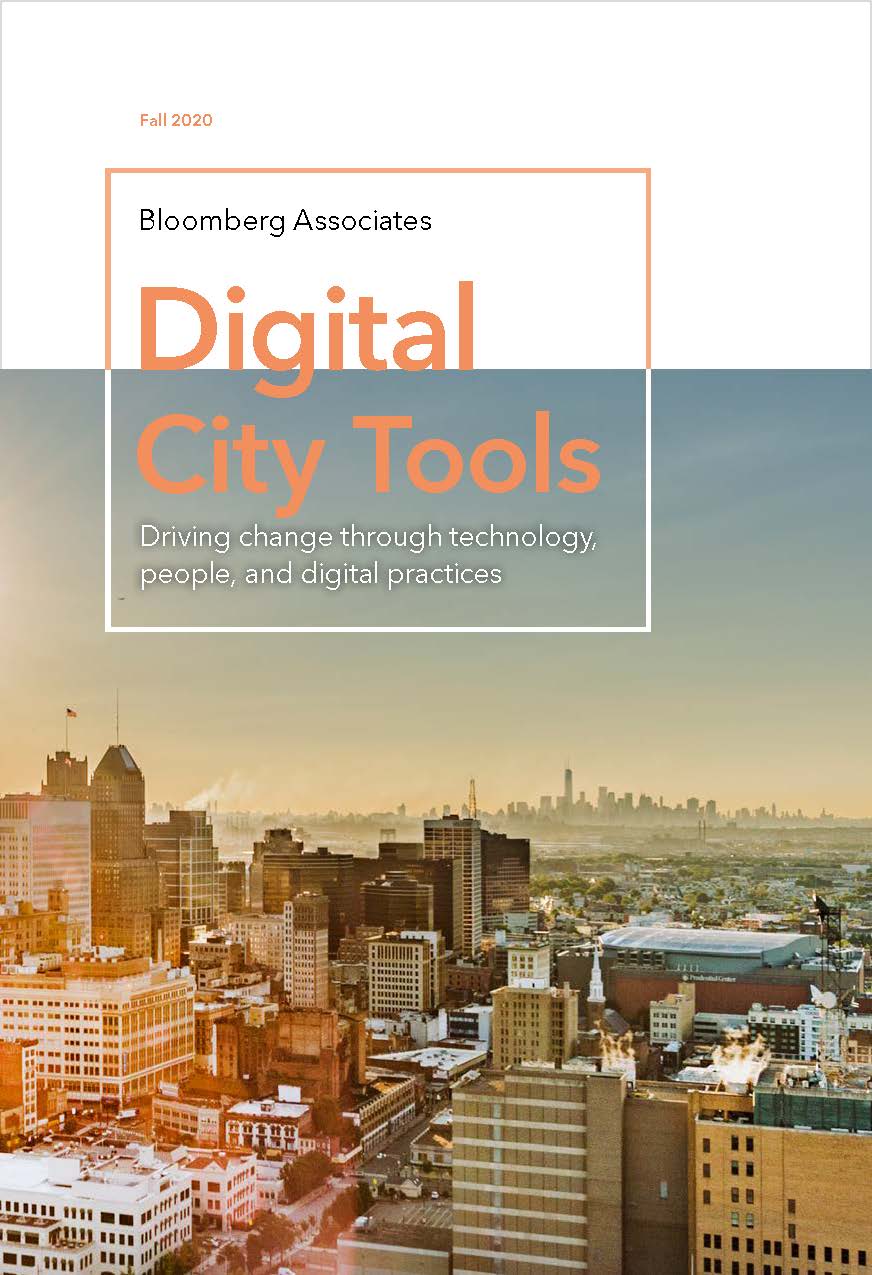
In this second edition of Digital City Tools, focus shifted to the technologies that are enabling city services to be delivered more effectively.
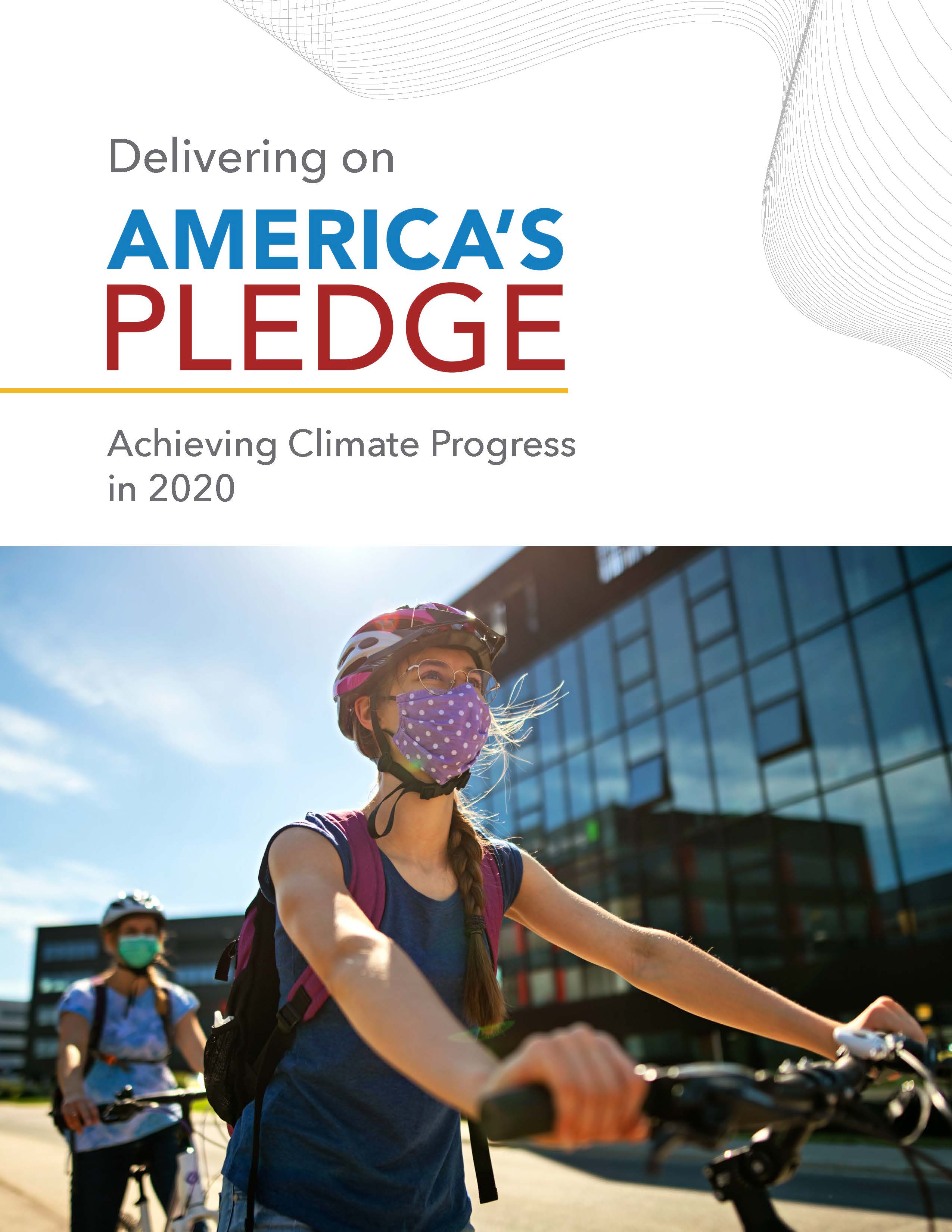
America’s Pledge assesses how states, cities, and businesses are continuing to drive climate progress despite the events of 2020—including the COVID-19 pandemic and economic recession—and increasing our confidence in the country’s ability to achieve the 2030 emissions reductions modeled in accelerating America’s Pledge.
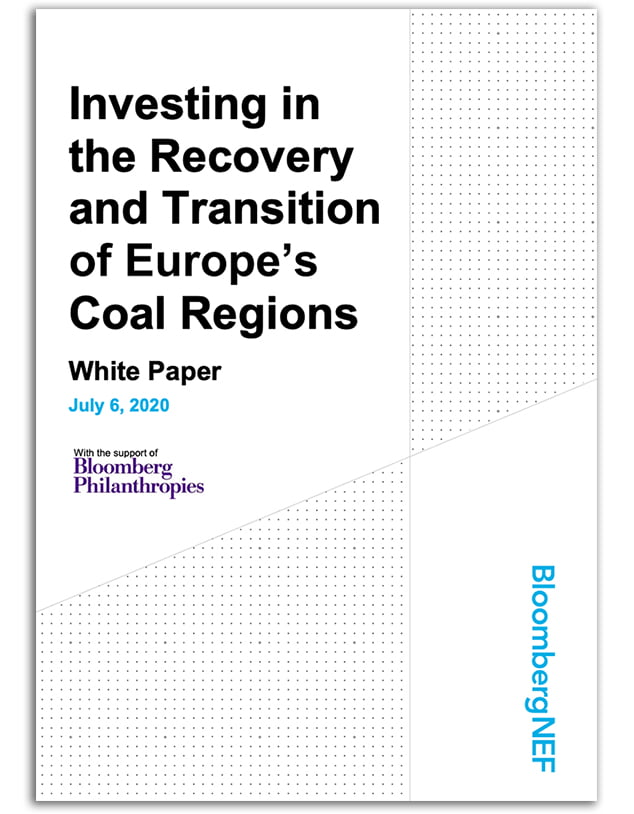
In an effort to speed Europe’s transition to clean energy, and as part of our partnership with the European Commission Coal Regions in Transition Platform, we have released together with BNEF an in-depth analysis on Bulgaria, Czechia, Poland and Romania, showing how current market conditions and existing policies can accelerate the transition away from coal to cleaner, more affordable sources of energy.
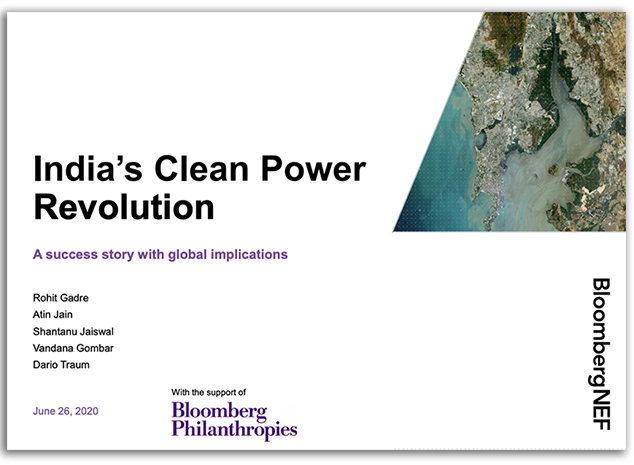
Ambitious targets, comprehensive government policies and economics have placed India amongst the most vibrant clean energy markets in the world. As the energy transition accelerates, this decade brings new challenges and opportunities for all the actors in India’s clean power revolution.